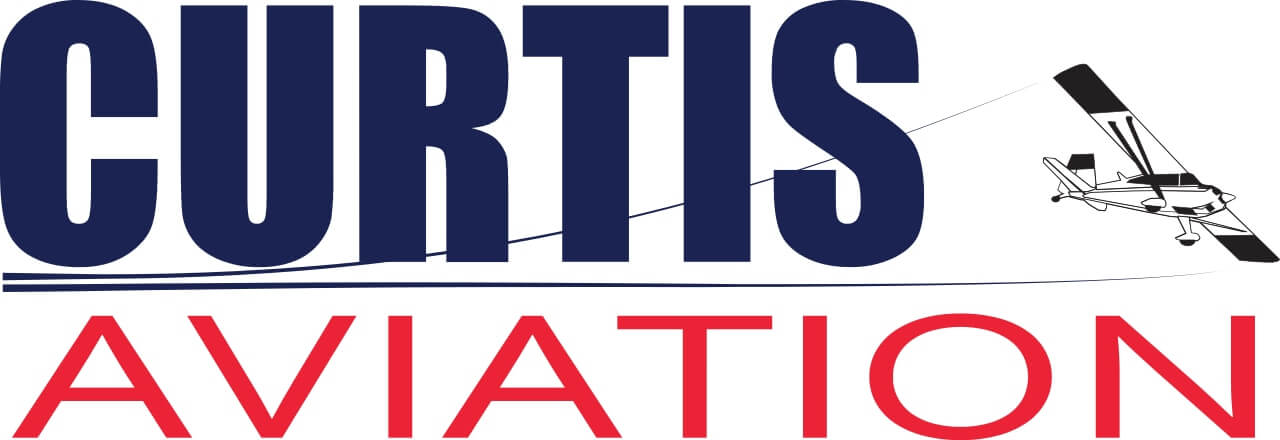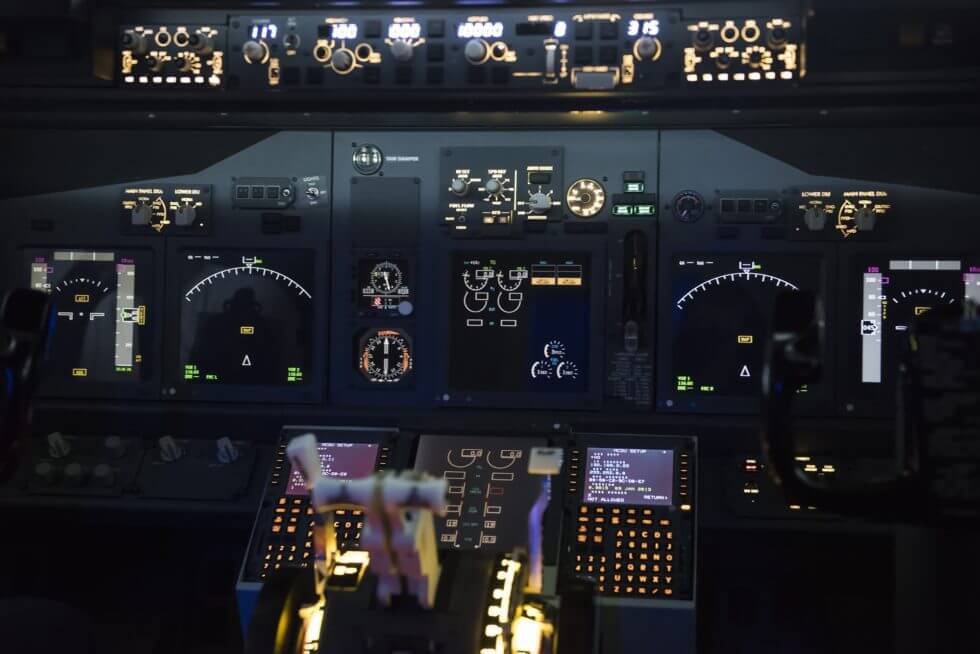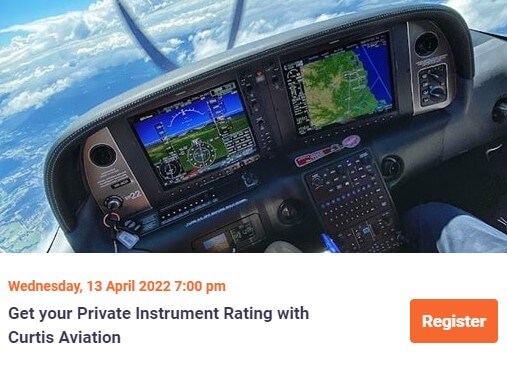Expanding your flying skills to be able to fly in a wider range of weather conditions and times of day by using instruments removes many flying limitations and makes you a safer, and more sought-after, pilot. The instrument rating training you need will depend on your flying goals and needs, be it weekend fun, long distance adventurer or commercial pilot.
Which instrument rating is right for you?
There are broadly two types of instrument ratings:
Private Instrument Rating – for private flying only
Instrument Rating- for private and commercial pilots
Private Instrument Rating (PIR)
As the name suggests, the Private Instrument Rating is designed for private pilots as their needs are generally less demanding than that of a commercial pilot. With the private instrument rating, the pilot attains a foundational rating and has the option to add further privileges it, for instance flying at night. The over-arching benefit of a Private Instrument Rating is that you’re not paying for privileges you may not need.
Here at Curtis Aviation, for instance, our Private Instrument Rating course has been carefully tailored to give you the skill level and confidence a private pilot using instruments needs.
Training for this course is usually done in a single-engine aircraft (SEA) but we can easily combine it with a multi-engine (MEA) rating if you desire.
Instrument Rating (IR)
If you are pursuing flying as a career, the Instrument Rating training is what you need and this can be done in either a single engine or multi-engine aircraft. However, to fast-track and expand your career opportunities, an Instrument Rating for Multi-Engine Aeroplanes (IR MEA) is generally regarded in the industry as the one that will open more employment opportunities for you. To do the IR MEA you would already need to have the appropriate multi-engine endorsement.
What does the instrument rating training involve?
For both the Instrument Rating and the Private Instrument Rating training, you need to hold a Private Pilot Licence (PPL) as a minimum, and as mentioned above, if after a multi-engine instrument rating, you would already need to have a suitable multi-engine endorsement which we can also help you with here at Curtis Aviation.
The training program will vary from flying school to flying school. The Curtis Aviation Instrument Rating program is a 1:1 program which involves briefings, debriefs, flight training and simulator time. You are also required to pass a theory exam.
Does the flying school you choose matter?
Absolutely! Flying with instruments isn’t necessarily hard but does take time to master and by no means is an exact science as so many variables and changes in conditions come into play. To get maximum value out of your instrument rating you need highly experienced instructors that can share practical insights that will help you to tackle whatever comes your way.
At Curtis Aviation, we’ve been teaching Instrument Flight Rules (IFR) Ratings for a long time and we’ve learned how to deliver a training experience that ensures our students are highly competent and confident when flying in non VFR (non-visual flight rules) conditions. Our highly experienced instrument rating instructors come from a Royal Flying Doctor Service background so they know how to fly in ALL conditions as lives truly depended on it.
Our multi-engine instrument rating is generally done in a Beechcraft Baron, which has been a popular and trusted twin engine aircraft for many decades and used by many commercial operations worldwide.
Want to know more?
To learn more about Curtis Aviation instrument rating programs, use these links for Private Instrument Rating and Instrument Rating.
To attend one of our upcoming webinars or Open Day, including our Instrument Ratings webinar, visit the Curtis Aviation homepage for latest event information.
Or, better still, phone our friendly team on 02 4655 6789 or use our online enquiry form to arrange a chat with one of our instructors to discuss which program is best suited to your situation.
You can also find more information about instrument ratings on the CASA (Civil Aviation Safety Authority) website.



